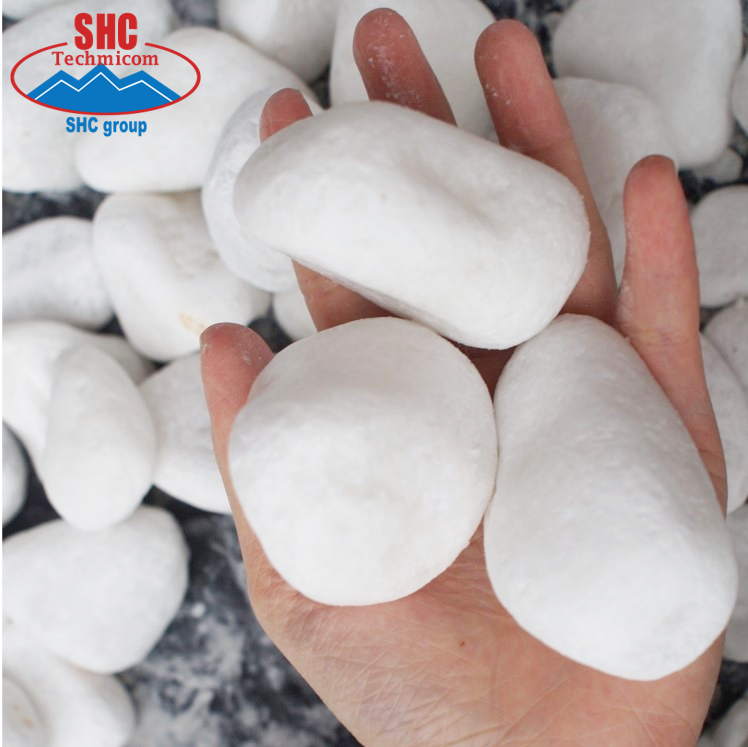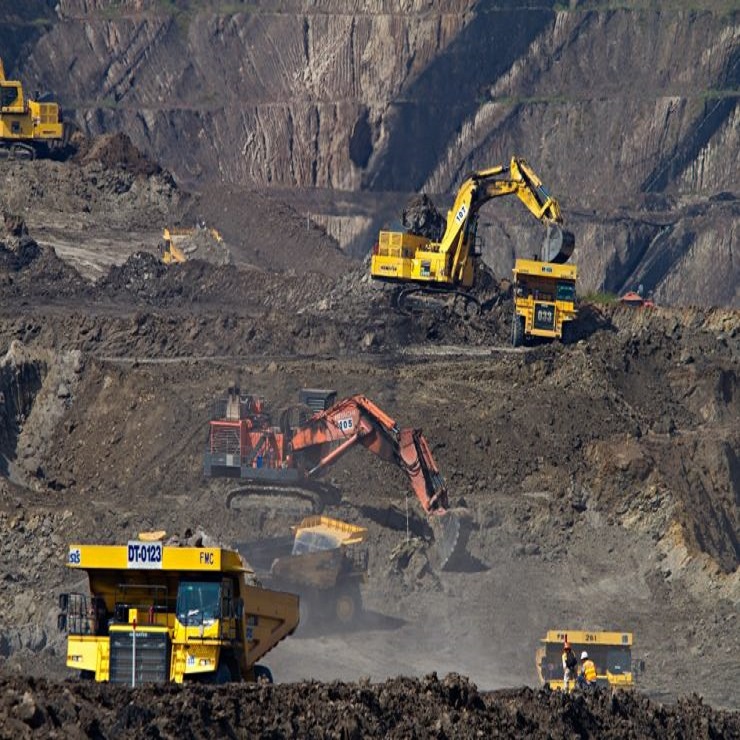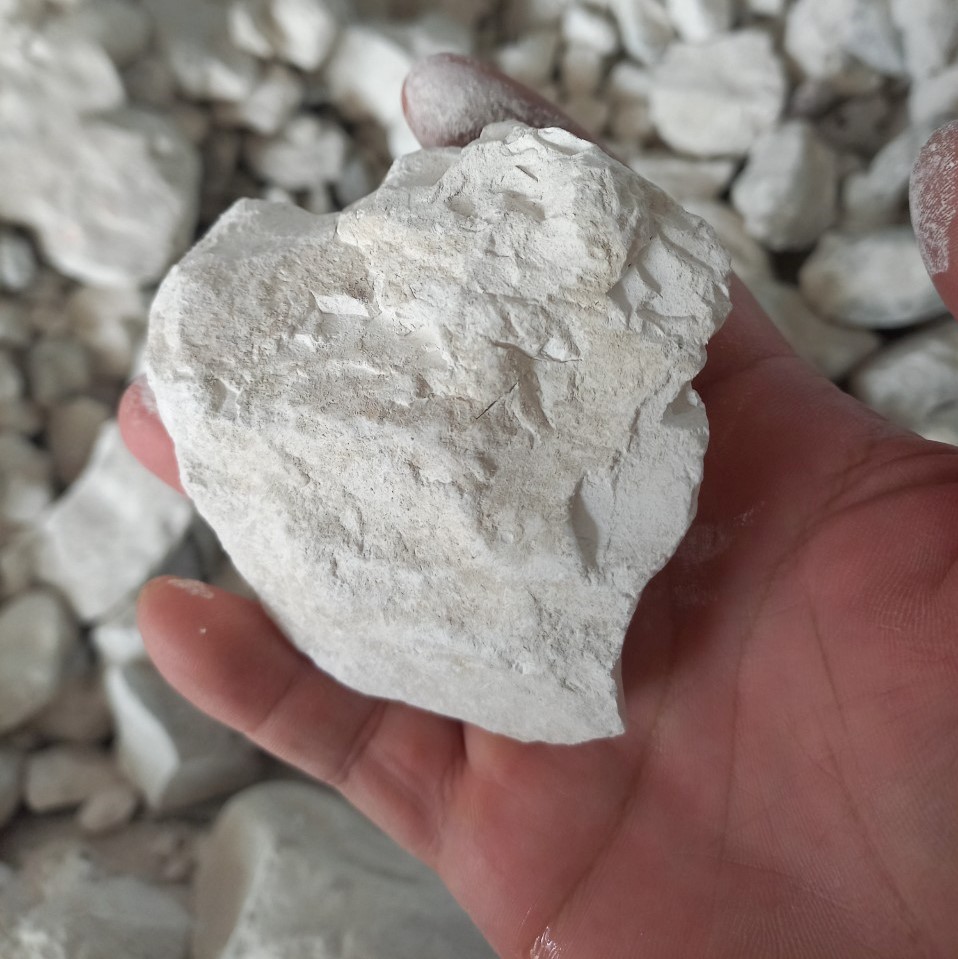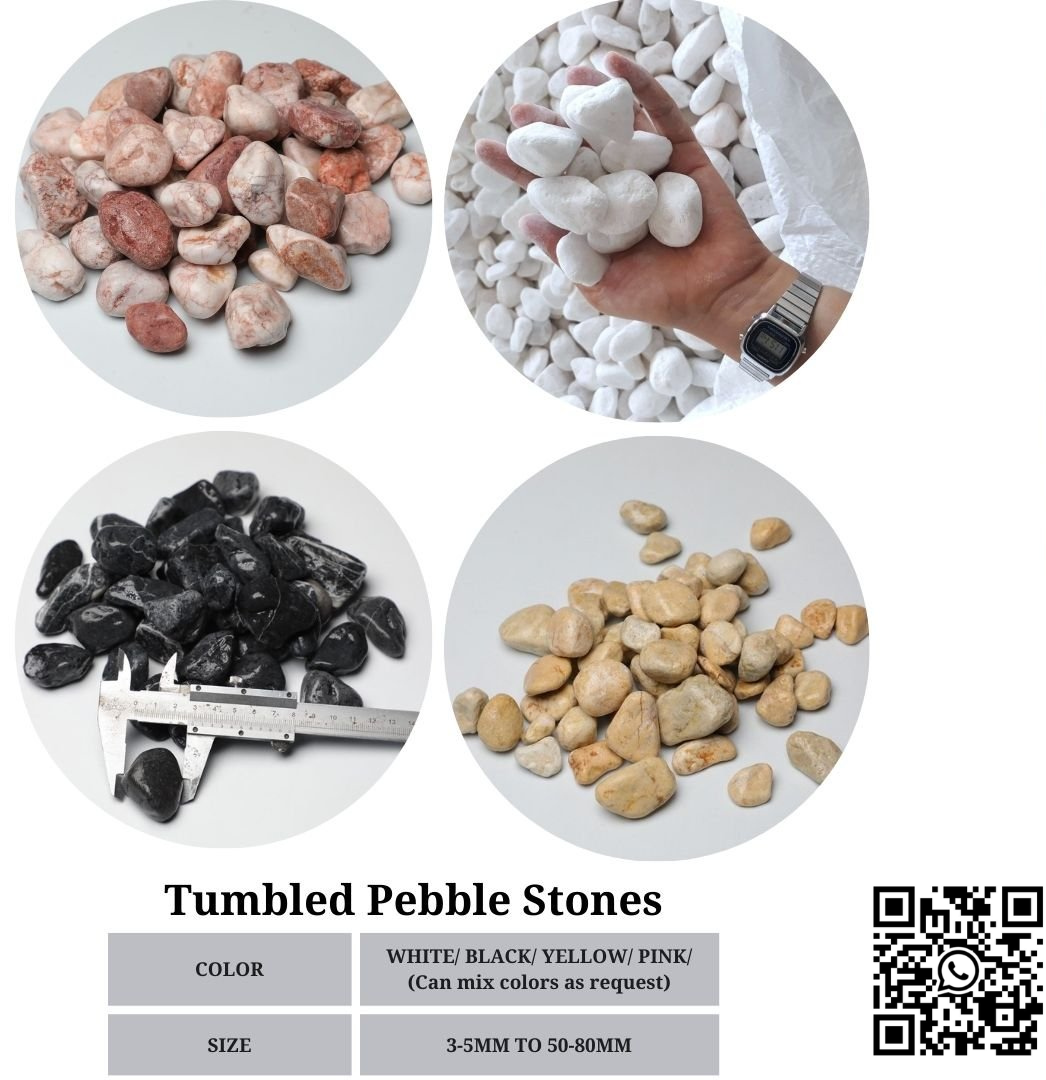What is Glass?
Glass manufacturing has an age-old tradition which dates back to around 3500 BC when glass is believed to have been first artificially produced in Egypt and Mesopotamia to be used as jewellery and later as vessels. Since then processes have constantly evolved from craftsmanship to today’s high-tech industrial processes and the number of glass types and applications have multiplied.
Glass has shaped Europe’s cultural heritage, regions, industries, living conditions, technological deployments, etc. like no other substance. Simply think of glass masterpieces such as Bohemian crystal, the Murano Island of Italy, the Mirros Gallery of Versailles’ palace or stained glass in Cathedrals.
Glass is all around us nowadays and continues to offer cutting edge solutions, either in itself or used in combination with other materials for high-tech applications; a trend which is very likely to continue in the future.

Glass-making
Glass industries are characterised by a multitude of production processes depending on the final product manufactured and its end-applications. However, all these manufacturing processes have a common origin: glass first needs to be melted!
Glass melting requires raw materials which are of two kinds: different types of sand and recycled glass. These raw materials are mixed together, charged in a furnace where there are melted at around 1500°C to form molten glass. The molten glass is then taken out of the furnace to be shaped and cooled down afterwards. For many applications the glass obtained may be further processed to have specific properties such as increased mechanic strength and higher resistance to breakage.
The exact composition of glass may vary to meet specific applications requirements but the most commonly use type of glass, soda-lime glass, is made of silica sand, soda ash, limestone, dolomite and glass cullets (recycled glass). Additional materials such as iron oxide or cobalt can be added to the mix to give a green or blue colour to the glass.
SHC GROUP
Factory: Mam Xoi Mountain, Thanh Son Commune, Kim Bang District, Ha Nam Province, VN
Hotline: +84 931 717 698 / +84 585 678 996
Email: manager.shcgroup@gmail.com / export3@shcgroup.vn
Skype: export3.shcgroup






